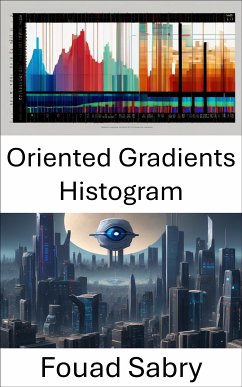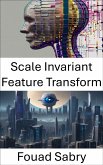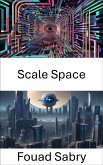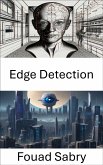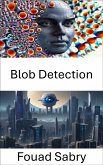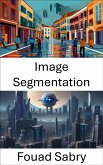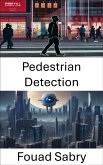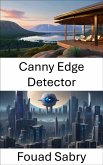What is Oriented Gradients Histogram
In the fields of computer vision and image processing, the histogram of oriented gradients (HOG) is a feature descriptor that is utilized for the purpose of object detection. This technique is used to count the number of instances of gradient orientation that occur in specific regions of an image. This technique is comparable to edge orientation histograms, scale-invariant feature transform descriptors, and shape contexts; however, it varies from those methods in that it is computed on a dense grid of evenly spaced cells and employs overlapping local contrast normalization with the purpose of achieving a higher level of accuracy.
How you will benefit
(I) Insights, and validations about the following topics:
Chapter 1: Histogram of oriented gradients
Chapter 2: Edge detection
Chapter 3: Scale-invariant feature transform
Chapter 4: Speeded up robust features
Chapter 5: GLOH
Chapter 6: Local binary patterns
Chapter 7: Oriented FAST and rotated BRIEF
Chapter 8: Boosting (machine learning)
Chapter 9: Image segmentation
Chapter 10: Object detection
(II) Answering the public top questions about oriented gradients histogram.
(III) Real world examples for the usage of oriented gradients histogram in many fields.
Who this book is for
Professionals, undergraduate and graduate students, enthusiasts, hobbyists, and those who want to go beyond basic knowledge or information for any kind of Oriented Gradients Histogram.
In the fields of computer vision and image processing, the histogram of oriented gradients (HOG) is a feature descriptor that is utilized for the purpose of object detection. This technique is used to count the number of instances of gradient orientation that occur in specific regions of an image. This technique is comparable to edge orientation histograms, scale-invariant feature transform descriptors, and shape contexts; however, it varies from those methods in that it is computed on a dense grid of evenly spaced cells and employs overlapping local contrast normalization with the purpose of achieving a higher level of accuracy.
How you will benefit
(I) Insights, and validations about the following topics:
Chapter 1: Histogram of oriented gradients
Chapter 2: Edge detection
Chapter 3: Scale-invariant feature transform
Chapter 4: Speeded up robust features
Chapter 5: GLOH
Chapter 6: Local binary patterns
Chapter 7: Oriented FAST and rotated BRIEF
Chapter 8: Boosting (machine learning)
Chapter 9: Image segmentation
Chapter 10: Object detection
(II) Answering the public top questions about oriented gradients histogram.
(III) Real world examples for the usage of oriented gradients histogram in many fields.
Who this book is for
Professionals, undergraduate and graduate students, enthusiasts, hobbyists, and those who want to go beyond basic knowledge or information for any kind of Oriented Gradients Histogram.
